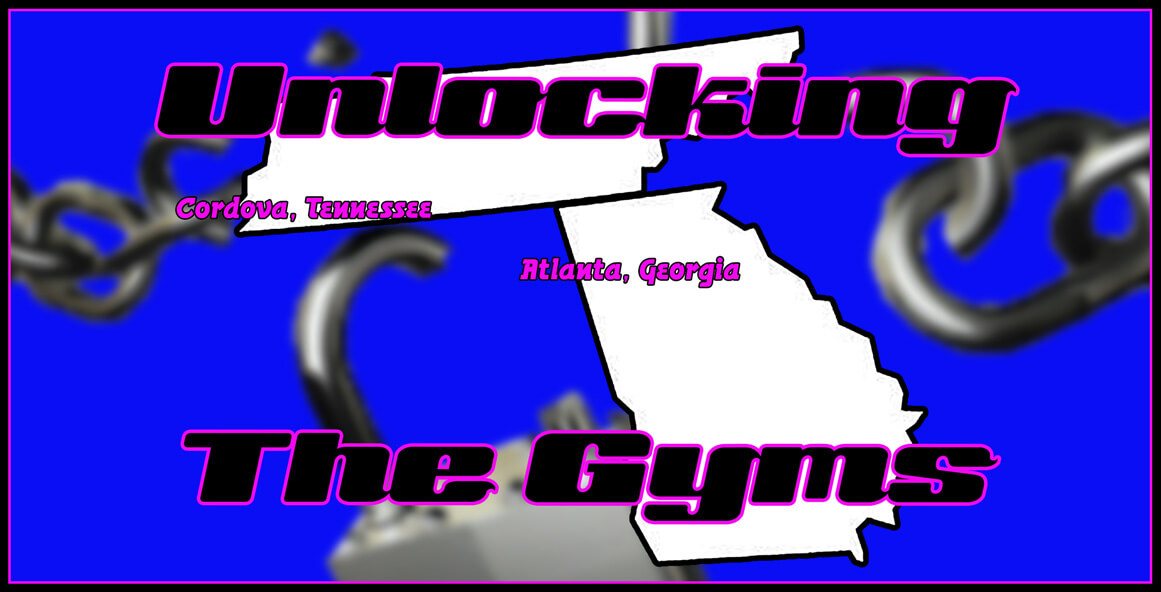
The environment surrounding recruiting is continually influenced by many different entities, each having their own agenda. The NCAA has an impact through legislation, knee jerk reactions and vision…or sometimes a lack thereof. College coaches can alter the landscape through their methods, ethics and style. It’s difficult for athletes, their families and coaches to effect change as most pass through the process once and move on. However, there are situations where recruiting decisions on their end results in changing recruiting trends. Three separate conversations in the past week convinced me to set aside another topic I was writing on and address a theme that seemingly needs attention time and again. The topic du jour is “offers”.
Let’s get the simplest aspect out of the way first, that being the role that a scholarship offer plays in an athlete’s decision. It’s a given that, unless she’s planning on walking on, there has to be an offer on the table for a recruited prospect to choose a particular school. That part is obvious, but it’s not in the “decision” aspect of the process where offers are creating some unnecessary detours and speed bumps. It’s the role they play in the “recruiting” part of the process that leads prospects and programs alike to rush, alter and even compromise their approach.
In a column I previously wrote I made the observation that scholarship offers had evolved into the “ante” to simply get into the mix, much like a hand of poker. While an offer should rightfully serve as a narrowing factor much further along in the process, using it up front as an admission ticket is narrow minded and naïve. In fact, those programs who go “all in” and offer solely based on seeing an athlete in action are actually the ones that warrant a very cautious evaluation themselves.
Sure, it’s the ultimate compliment, but to offer an athlete they literally know nothing about personally or academically should tell you something about where a coach’s priorities lie. How wise can it possibly be to put a couple hundred thousand dollars’ worth of educational and athletic opportunities on the table to a teenager you’ve never even spoken with? Would you propose marriage to someone based on looks alone rather than a person you’ve gotten to know in the course of a relationship? Even if things work out for an athlete, across four years in all programs there will be other recruits coming on board who will have been vetted singularly by that same “performance only” standard which in turn could lead to some interesting team dynamics and chemistry. Now there’s something to look forward to!
Penalizing or excluding a program because they didn’t offer right out of the gate seems to be more about ego than it is about finding the right program to call home. The same goes for those programs that may have come to the party late. One of those conversations I referenced from last week was with a coach who felt they were viewed in a much dimmer light by a specific recruit because they had not “been there from the start”. As a recruiter it’s great to say “we were the first” to see you play, write or even call. However, what possible relevance could the length of time a program spent recruiting you actually have on it being the right choice? In the end it does absolutely nothing to make their program a better fit or the ideal setting for a student athlete.
The same goes for the timing of a scholarship offer. If an athlete is still open and the list of schools has yet to be narrowed its unwise to exclude programs that have yet to offer. The reasons that they haven’t ponied up yet could vary. Maybe they just want to get to know as much as possible about someone who might spend four years in their program. It could be that they need to see more games or other staff members need to see some action before a decision is made. There’s always the possibility that their strategy changed in terms of the positions they were recruiting based on injury, transfer or simply what they saw out on the recruiting trail.
Also, this is where those ego issues can really come into play. It could be that they caught you on a bad day first time around and weren’t convinced enough to pull the trigger. It may be that they were already involved with somebody else or (steady…here it comes) they liked another athlete better. Being a program’s second choice is a non-issue and has no bearing anywhere other than the mind of a recruit or her family and coaches. Get over it.
When the coach of a program makes the decision to offer a prospect they’re risking an investment of time and money as well as an element of their job security. No one recruit alone ever cost a coach their job but every recruiting decision can have a contributing impact to their long term success and gainful employment status. The fact that an offer is made is statement enough about their level of interest and commitment to an individual. A lot of very successful players through the years have been second and even third choices in the recruiting sweepstakes. In the end, it’s about the right athletes and right programs finding each other and not about early offers or being their first choice. Never allow ego to keep you from the “best” choice.
While logic says at some point you have to focus on those final schools that have made it through your process to make a decision, it’s still wise to never completely close the door to some last minute interest from a viable program. (Focus here on the word “viable”) That’s not to say that a final decision should come from a list of 20 programs. It’s just a way of never leaving a stone unturned in a critical academic, athletic and personal decision. It’s important to understand that the last school to write, call or offer may well be the perfect fit.
Up front it’s simple and easy to eliminate a lot of schools showing interest based on distance from home, size, conference, style of play or any other important personal tangible parameter that’s been set as a priority. Holding the standard that a program has to actually offer to even be considered is a good way to miss out on what possibly might be the ideal place to call home. Apply the “have they offered?” standard later in the process to the programs that an athlete and her family have researched and taken the time to get to know personally. That assures that the ultimate choice will come from the qualities of a school, program and staff rather than the timing of their offer. No bride wants to be standing at the alter saying “I do” to a groom just because just because he happened to propose marriage way back on prom night!
Mark Lewis is a national evaluator and photographer for Blue Star Basketball as well as the lead columnist for Blue Star Media. Twice ranked as one of the top 25 Division I assistant coaches in the game by the Women's Basketball Coaches Association (WBCA), he logged 25 years of college coaching experience at Memphis State, Cincinnati, Arizona State, Western Kentucky and Washington State. Lewis serves as a member of the prestigious McDonald’s All-American selection committee as well as the Naismith College Player and Coach of the Year committees.

Latest Articles
-


Christopher Lawlor
/ 12 hours agoGonzaga (DC) hires former Fordham University coach and alumnus Keith Urgo as its head basketball coach
BENSALEM, Pa. — Gonzaga of Washington, D.C. and a regular in the Blue Star...
-
Christopher Lawlor
/ 13 hours agoUSA Basketball announces 33 invitees to Men’s U19 National Team training camp for FIBA U19 World Cup in Switzerland
COLORADO SPRINGS, Colo. – USA Basketball announced the 33 athletes expected to participate in...
-
Christopher Lawlor
/ 7 days agoUSA U16 Men’s Basketball training camp opens May 22 with 12 players heading to 2025 FIBA AmeriCup in Juarez, Mexico
COLORADO SPRINGS, Colo. – Only strong will survive the cut and with it the...
-


Christopher Lawlor
/ 7 days agoMOVING DAY: Prolific Prep will relocate to Fort Lauderdale, Florida from Northern California in time for 2025-26 school year
BENSALEM, Pa. – Prolific Prep, a regular in the Blue Star Media Elite 25...




